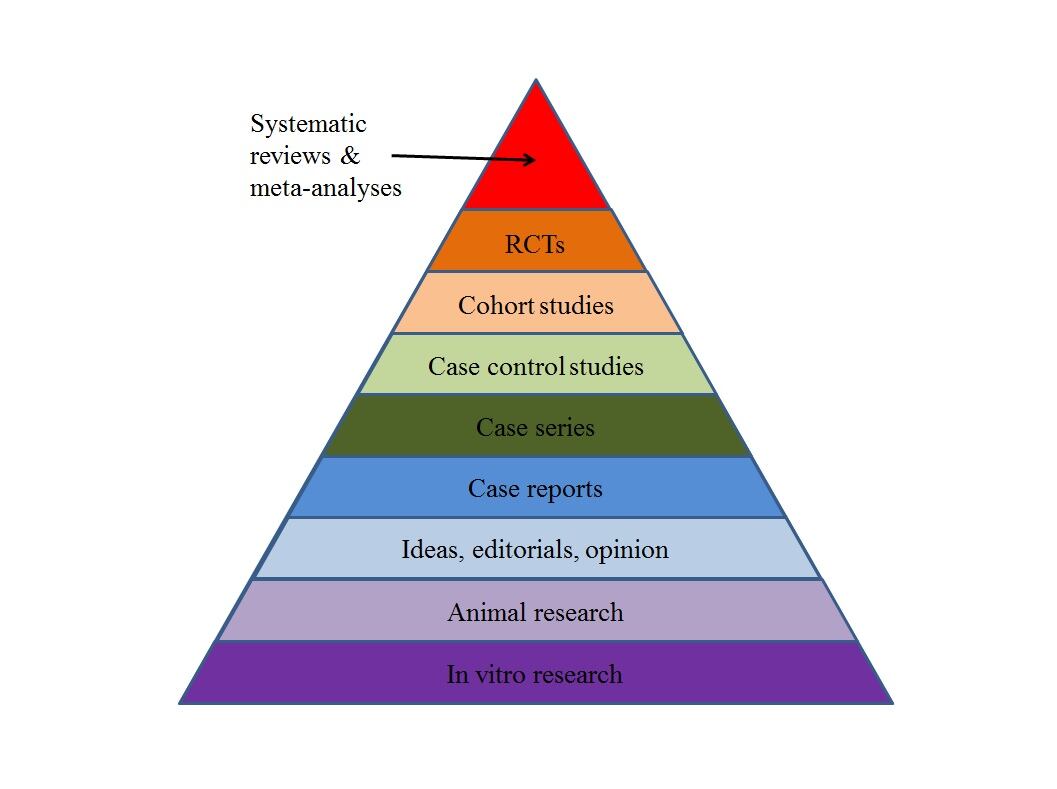The risk reduction in people who had elevated triglycerides or LDL cholesterol was even higher at 17%, wrote the scientists from Midwest Biomedical Research and the Johns Hopkins University School of Medicine in the Journal of Clinical Lipidology.
Cardiac death accounts for about two-thirds of all cardiovascular disease deaths in the United States, and 42% globally, each year, according to the Centers for Disease Control and Prevention (CDC).
“It’s important to note that these results align with the conclusions in the recent Science Advisory from the American Heart Association, which states that EPA and DHA omega-3 treatment ‘is reasonable’ for secondary prevention of coronary heart disease and sudden cardiac death,” said Midwest Biomedical Research’s Dr Kevin Maki, the study’s lead author.
“One notable feature of EPA and DHA omega-3 supplementation is the low risk associated with its use. Because of the low risk for adverse effects, even a modest benefit is clinically meaningful.”
Enhanced benefits in North America
Commenting independently on the meta-analysis, Bruce Holub, PhD, University Professor Emeritus at the University of Guelph, told us: “This updated review indicates that the majority of adults (without or with clinical evidence of atherosclerotic cardiovascular disease) are likely to receive some significant protection against sudden cardiac death via EPA/DHA supplementation at appropriate intakes.
“The benefit of such supplementation is enhanced in regions where the dietary intake of EPA/DHA from fish/seafood is low as in North America (where average intakes are only 110-150 mg/person/day).”
“Important”

The new meta-analysis is reportedly the first to include cardiac death (also known as “coronary mortality”) as a primary endpoint, and the most comprehensive review of the evidence to date. It was funded by the Global Organization for EPA and DHA Omega-3s (GOED), but the organization was not involved in the design or interpretation of the results.
Dr Harry Rice, GOED’s VP of regulatory and scientific affairs, welcomed the study’s conclusions, stating: “This study is important because it explored the effects of omega-3s on a specific outcome of coronary heart disease.
“A number of studies in recent years have questioned omega-3 benefits in cardiovascular diseases. In order to understand the role omega-3s play in the cardiovascular system, however, research has to focus on a specific disease rather than all cardiovascular outcomes together. This is an important nuance that this meta-analysis helps clarify.”
Analysis details

The new meta-analysis pooled data from 14 randomized, controlled trials (RCTs) totaling 71,899 people. The RCTs reviewed were longer than six months in length, and investigated cardiac death as the primary outcome, comparing frequencies of cardiac death events between the omega-3 and control groups. The authors did not review the effects of EPA and DHA consumption from fish on cardiac death risk because no randomized, controlled trials exist. However, data from observational studies on EPA and DHA from fish also support a benefit in risk reduction.
The results showed that, in addition to the statistically significant 8% reduction in cardiac death risk for consumption of EPA and DHA omega-3s in general, the risk of cardiac death decreased by almost 30% for people who utilized higher dosages of more than 1 gram of EPA and DHA per day (see table below).
None of the studies were set up to elucidate the mechanism of action – how omega-3s may reduce the risk of cardiac death – but Maki et al note that dosages greater than 1 gram of EPA + DHA per day, “may be are required to produce clinically relevant changes in some of the pathways, such as effects on inflammation and thrombosis.”
The authors concluded: “These results suggest that additional research is warranted to further evaluate the potential risk reduction with [long chain omega-3] supplementation at higher dosages and in higher risk samples. Future RCTs should include evaluation of biomarkers of omega-3 status at baseline and during treatment and should be designed to test specific hypotheses about the mechanisms through which benefits might be produced. Four RCTs evaluating CVD event risk with [long chain omega-3] interventions are ongoing and should provide helpful additional information to guide clinical use of [long chain omega-3] supplementation or drug therapy.”
Source: Journal of Clinical Lipidology
Published online ahead of print, doi: 10.1016/j.jacl.2017.07.010
“Use of supplemental long-chain omega-3 fatty acids and risk for cardiac death: An updated meta-analysis and review of research gaps”
Authors: K.C. Maki et al.

